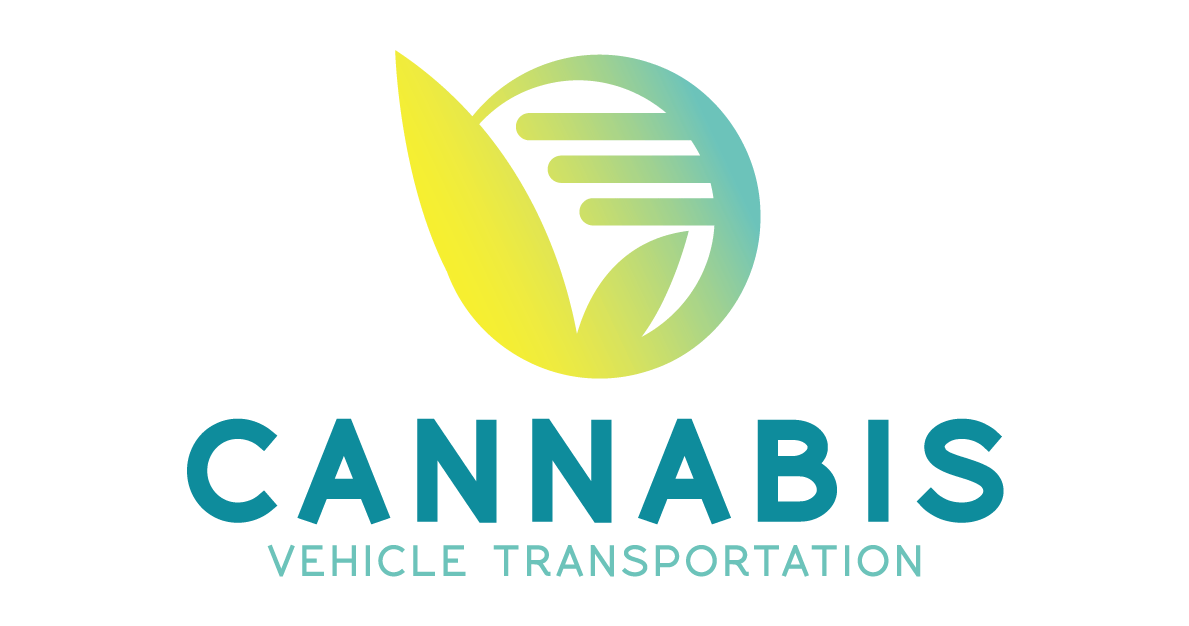In the fast-evolving world of cannabis logistics, technology—particularly artificial intelligence (AI)—has emerged as a game-changer for how cannabis products are transported. With growing demand for both medical and recreational cannabis, the need for secure, efficient, and compliant transportation solutions has never been greater. Companies across the U.S. cannabis supply chain are increasingly adopting advanced technologies to streamline vehicle operations, enhance route planning, and maintain tight compliance with state-specific laws.
One of the most visible shifts is the integration of AI into fleet management systems. Modern transportation software platforms now use machine learning algorithms to dynamically optimize delivery routes based on traffic patterns, weather conditions, and delivery time windows. By doing so, operators can reduce fuel consumption, avoid delays, and extend the lifespan of fleet vehicles—all critical cost-saving measures in a tightly regulated industry.
AI is also playing a critical role in regulatory compliance. Cannabis transportation is subject to extensive tracking and security mandates, especially in states using seed-to-sale tracking systems like METRC or BioTrack. Advanced logistics platforms integrate directly with these systems, using AI to verify that transport manifests align with state regulations before a vehicle ever leaves a facility. If a manifest is incomplete or inaccurately logged, the software can trigger alerts, preventing costly violations or law enforcement issues on the road.
Security is another frontier where AI is making a tangible impact. Many cannabis fleets are now equipped with telematics and GPS systems backed by real-time AI analytics. These platforms detect irregular behaviors such as route deviations, extended stops, or unscheduled door openings, and instantly notify fleet managers or security personnel. This real-time oversight enhances theft prevention and ensures transporters adhere to strict chain-of-custody protocols.
Facial recognition and biometric access controls are being piloted in some markets as an added layer of security for transport vehicles, particularly for high-value bulk transfers. Meanwhile, dashboard cameras integrated with AI-based driver monitoring systems help reduce accidents by alerting drivers to drowsiness, distracted behavior, or reckless driving—all key metrics in maintaining public safety and reducing insurance liabilities.
Data generated through AI-powered platforms is also reshaping how companies forecast delivery demand and allocate vehicle resources. Predictive analytics help transportation directors anticipate busy periods, manage labor more effectively, and ensure product freshness by minimizing transport times for perishable goods like flower or edibles.
Startups and tech giants alike are eyeing the cannabis logistics space. Companies such as OnFleet, Dutchie, and Blackbird are developing specialized transportation modules that cater specifically to the cannabis market. In parallel, AI-focused SaaS platforms like Fleet Complete and Geotab are being adopted by cannabis businesses looking for scalable, data-rich logistics solutions.
As the cannabis industry grows more competitive and compliance-driven, leveraging AI and technology in vehicle transportation logistics isn’t just a smart move—it’s becoming essential for survival and success.
